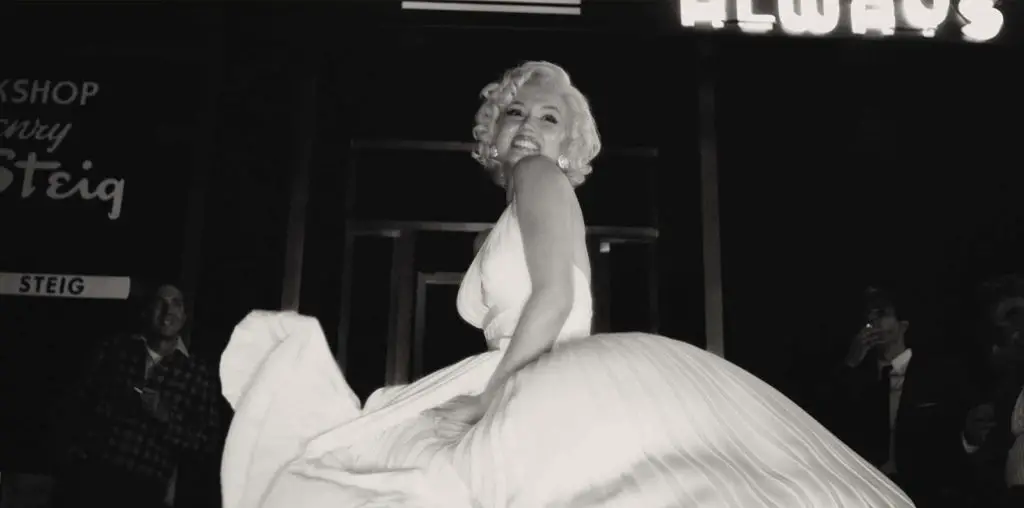
Dr. Robert Funk is flabbergasted.
That’s his word for it. As the end credits finally roll on Mel Gibson’s much-hyped The Passion of the Christ, I turn to gauge the reaction of Dr. Funk, a renowned biblical scholar, historian, and author, best-known as the founder of the controversial Jesus Seminar, and as Director of the Westar Institute, a nonprofit advocacy group devoted to encouraging “religious literacy.” With a shake of his head, Funk lets out a long, slow sigh (exasperation? relief?) and wearily declares, “Well. Gosh, I don’t know. I’m just flabbergasted.” Five minutes later, as we make our way out to the parking lot, he elaborates a bit, stating, “What in the world has Mel Gibson done in his life that he feels so guilty he has to make a godawful film like that?” Funk adds, “Here’s my bottom line, this movie will set Christianity back 500 years. I think it’s that bad.”
Much has been written about The Passion of the Christ over the last several weeks, with interest reaching Ararat-levels among Christian and Jewish leaders alike, all curious to see for themselves whether Mel Gibson’s self-financed labor of love is as anti-Jewish as originally rumored (Funk feels it is, on a deep, below-the-surface level). Curiosity has been further heightened by early reports of the film’s over-the-top violence, and according to Funk (author of A Credible Jesus, the Five Gospels, Honest to Jesus and others), there’s been plenty of curiosity among the fellows of the Jesus Seminar. A large international group of boundary-pushing Gospel scholars, including Barnes Tatum (Jesus at the Movies), Karen Armstrong (The Battle for God), and Ph.D-carrying filmmaker Paul Verhoeven (“RoboCop,” “Basic Instinct,” “Showgirls”), the latter with his own cinematic biography of Jesus in the works, the Jesus Seminar was formed in the mid-1980s to shine scholastic light on ancient scripture, identifying those pieces of the New Testament that are historically supportable, and those parts that evidence shows were gradually made up over the centuries in which the Christian religion was first taking shape. It’s no surprise, then, that Funk views “The Passion of the Christ” as a historically flawed bit of work, though certainly not one lacking in religious, uh, passion.
“In the first 15 minutes I was watching and listening very carefully,” says Funk, upon arrival, after a short road trip, at the Westar Institute’s headquarters in Santa Rosa, California. “And at first I thought, ‘You know, this is really not as bad as the reviews I’ve read have made it out to be, or as good as others have made it out to be. I thought the setting was good, and it certainly wasn’t just another “bathrobe epic,” but it went downhill for me as it went along, and it went downhill, I think, for a number of reasons. The violence was a big part of that. But the thing I recoil against the most was both the representation of the Jews in the picture and the representation of the Romans. I thought both of those were stereotypes, greatly exaggerated. I mean, that there were Romans like that I have no doubt. That there were Jews like that I have no doubt. That isn’t quite the point. The point is, to make both of these out to be the kind of stereotypes that have created all the problems for us, as Christians, is something we can do without. When I say it’s going to set Christianity back, that’s what I mean. It revives those stereotypes in their worst form.”
“And what about the details of the death of Jesus,” I ask. “The scourging, the crucifixion. Overlooking the fact that it was extremely violent, how close do you think this was to what Jesus actually suffered?”
“Well, I don’t think it was very close,” Funk replies. “But then you have to remember that I think the Passion story is fundamentally a fiction. I don’t have any doubt that he was crucified. And I don’t have any doubt that the Romans did it, and that it was during the procuratorship of Pontius Pilate. But the Passion story we have today is fundamentally a piece of Christian propaganda, and I think it’s very important that we make that straight.”
While we’re setting things straight, I ask Funk about the bizarre flashback to Christ’s hunky carpenter days, in which Gibson seems to be saying that Jesus (are you ready for this?) was the inventor of the chair.
“That was strange wasn’t it?” Funk laughs. “Do you suppose that was a way to suggest that Jesus had prophetic foresight? Or was it just a spoof?”
“It was funny,” I agree, “but it was so off the wall. But then, I appreciated anything that deviated from the slow murder of Jesus.”
And now we’re back at the subject of violence.
The violence in the film, the main focus of nearly every scene, is everything it’s been hinted at, and more. The flogging of Jesus, which merits a short line or two in the Gospels, goes on for twenty minutes, as goulish, one-dimensional roman guards tie Jesus to a whipping post, then beat his naked back with long, flat sticks, then go at him with a cat o’ nine tails for several minutes before flipping him onto his back for another few minutes of flogging across his stomach and chest. This with the film only halfway over, with the crucifixion yet to come. “Passion” easily wins the Gratuitous Gore Grand Prix, officially making it one of the most violent movies ever filmed.
“I’ve never seen a movie that had so much meaningless violence!” says Funk. “As I said before, Mel Gibson must be carrying an enormous load of guilt. You have to measure the violence in that film, in part, by how guilty he feels as a sinner.”
“In the shot of the nail being hammered into Jesus’ hand, during the crucifixion scene, that was Mel Gibson’s hand holding the hammer,” I point out. “So it’s Mel Gibson who crucifies Christ.”
“Well, that sort of figures,” Funk replies. “But I should say that, of course, vicarious suffering is a very moving thing. It appeals to all of us, and to some of our better instincts. It is often associated, in my mind at least, with survivor’s guilt, the kind of thing when two people go off to war and one of them gets killed, the other one doesn’t, and the survivor feels guilty because he wasn’t one of the victims. So, to say “Jesus died for us” is an appeal to a very fundamental emotion, a powerful emotion, and I think, quite a good one. To be grateful to people who are willing to suffer on your behalf, or who are victims of tragedies that you’ve escaped. I wouldn’t want to belittle that emotion, but unfortunately it’s hooked up with guilt, and then it really becomes tragic.
“What it does, I think, when it becomes associated with guilt, is that in the end, it enervates and destroys the person who feels guilty.”
In other words, Mel Gibson needs a good therapist.
“I certainly think,” Dr. Funk concludes, “this movie tells us a lot more about Mel Gibson than it does about Jesus of Nazareth.”
____________________________________________________________
Writer David Templeton takes interesting people to the movies in his ongoing quest for the ultimate post-film conversation. This is not a review; rather, it’s a freewheeling, tangential discussion of art, alternative ideas, and popular culture.
Discuss David Templeton’s “Talking Pictures” column in Film Threat’s BACK TALK section! Click here>>>

